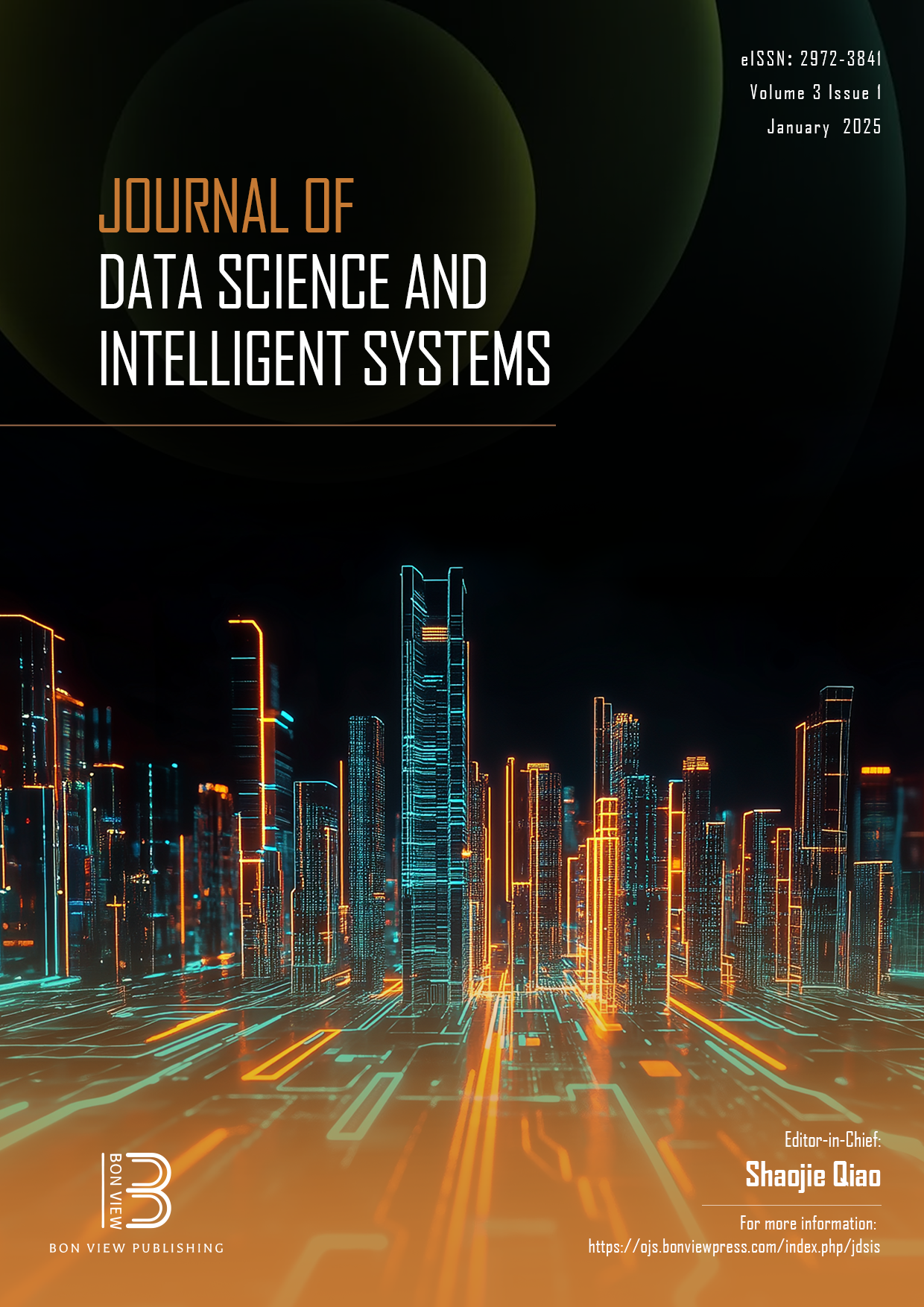Automatic Modulation Recognition Based on a New Deep K-SVD Denoising Algorithm
DOI:
https://doi.org/10.47852/bonviewJDSIS32021244Keywords:
deep learning, automatic modulation recognition, sparse coding, deep K-SVDAbstract
Automatic modulation recognition (AMR) has a wide range of applications in wireless communication. To solve the problem that the previous methods convert signal modulation recognition into image recognition, leading to increased time costs and information loss, an AMR approach consisting of the improved deep singular value decomposition (K-SVD) denoising algorithm is suggested. First, the effectiveness of the model for random sine wave denoising is demonstrated by simulation. Second, the original I/Q signals are fed into the modified deep K-SVD model for denoising, skipping the complicated image processing steps. Finally, the noise-reduced signals are input into a multi-channel convolutional long short-term neural network to complete the modulation recognition. To solve the slow convergence problem of iterative shrinkage thresholding algorithms in sparse coding, the fast iterative shrinkage thresholding algorithm is adopted to improve the computational efficiency and obtain a better denoising effect. The experiments show that the improved model has an average recognition accuracy of 91.26% at different signal-to-noise ratio (SNRs) from −2 dB to 18 dB, which is better than the state-of-the-art modulation recognition models.
Received: 20 June 2023 | Revised: 2 August 2023 | Accepted: 7 August 2023
Conflicts of Interest
The authors declare that they have no conflicts of interest to this work.
Data Availability Statement
Data sharing is not applicable to this article as no new data were created or analyzed in this study.
Author Contribution Statement
Yanhe Li: Conceptualization, Methodology, Software, Validation, Formal analysis, Investigation, Data curation, Writing - original draft, Writing - review & editing, Visualization, Project administration. Xingxing He: Resources, Writing - review & editing, Supervision, Funding acquisition. Chun Zhou: Writing - review & editing, Project administration.
Downloads
Published
Issue
Section
License
Copyright (c) 2023 Authors

This work is licensed under a Creative Commons Attribution 4.0 International License.
How to Cite
Funding data
-
National Natural Science Foundation of China
Grant numbers 62106206 -
Sichuan Province Science and Technology Support Program
Grant numbers 2023YFH0066 -
Humanities and Social Science Fund of Ministry of Education of China
Grant numbers 19YJCZH048 -
Humanities and Social Science Fund of Ministry of Education of China
Grant numbers 20XJCZH016 -
Fundamental Research Funds for the Central Universities
Grant numbers 2682020ZT107


